
Foe (2023, dir. Garth Davis)
Certificate: 15
Running Time: 110 mins
UK Distributor: Met Film Distribution
UK Release Date: 20 October 2023
WHO’S IN FOE?
Saoirse Ronan, Paul Mescal, Aaron Pierre
WHO’S BEHIND THE CAMERA?
Garth Davis (director, writer, producer), Iain Reed (writer), Iain Canning, Kerry Kohansky-Roberts and Emile Sherman (producers), Oliver Coates, Park Jiha and Agnes Obel (composers), Mátyás Erdély (cinematographer), Peter Sciberras (editor)
WHAT’S IT ABOUT?
A near-future couple (Ronan and Mescal) faces a surprising choice…
WHAT ARE MY THOUGHTS ON FOE?
After making a strong first impression with his Oscar-nominated drama Lion, to say that filmmaker Garth Davis has since struggled to reclaim that early promise with critics would be underselling the harsh reality. His follow-up was the Biblical biopic Mary Magdalene, which many found to be an unfortunate bore that neither did nor said anything new about the famed follower of Jesus, but now he has an even bigger disappointment on his hands with Foe, an adaptation of Iain Reed’s novel that – as of writing – only has 24% of critics singing its praises.
Having seen the film, I can attest that Foe is indeed not a particularly great movie, and certainly not without its heavy flaws, but the disaster that everyone else is apparently making it out to be? Not so much.
Set some time in the not-too-distant future, the planet has more or less become uninhabitable, with most people hopping on board a giant space station to carry on living. A young couple, Henrietta (Saoirse Ronan) and Junior (Paul Mescal), are some of the ones who are still around, living a quiet life together on Junior’s inherited family farm in the Midwest – which, apparently thanks to global warming, now looks an awful lot like the Great Victorian Desert in Australia, where the movie was clearly filmed – although their relationship has clearly begun to strain.
One night, they are suddenly visited by a mysterious government employee named Terrance (Aaron Pierre), who informs them that Junior has been conscripted to serve a two-year term onboard the space station – doing what, exactly, isn’t made especially clear, so I’m going to assume it’s to fix the Wi-Fi router or something – and, in his place, an artificially-intelligent clone will be put in his place to keep Henrietta company.
This is, of course, the central dilemma of Foe: whether or not this couple will have to be without one another for quite a lengthy period, with one being up in space – again, assumingly fixing that Wi-Fi router – and the other on a planet that’s clearly on its last legs, with a robotic replica who’s everything but his actual self. Such a concept would be a genuine basis for some legitimate drama, were Davis and author Reid’s script be one that actually took time to make these characters interesting or complex enough to get invested in. Unfortunately, a lot of their dialogue with each other is so one-note and, at times, laughably pathetic in its attempts to seem deeper than it actually is, that it’s like you’re watching the first draft of a film student’s screenplay for their major thesis. It comes across as pretentious and empty than it does profound or even romantic.
It’s also one of those scripts where you can tell it was partly written by a novelist, because there are exposition dumps left and right in the dialogue which is far less effective in something intended to be shown rather than read or listened to, and it can get very heavy-handed in its social commentary about everything from global warming to AI, themes which it barely scratches the surface of. That’s even before a major turn in the final reel that will either make or break the film for you, and without spoilers I’ll just say that it raises far more questions about how this future operates than it does answer them.
All of that being said, I don’t think that Foe is an awful film – or at least, not as bad as some people are making it out to be. It’s a film that benefits so much from having two great actors like Saoirse Ronan and Paul Mescal in these parts, because they have enough talent and screen presence to make this pair of rather under-explored characters feel so much more fleshed-out than they are written to be. Both of them give some genuinely strong performances – as does Aaron Pierre, a last-minute replacement for LaKeith Stanfield – that easily carry the material they’re honestly both better than, and their chemistry is fine, if never wholly passionate. Honestly, their legitimately committed performances make the film a little more frustrating to ponder over, because these fantastic actors are constantly being let down by a script that just isn’t as good as these natural on-screen talents.
You can also tell that Davis is at least trying to bring a steady pace in his direction, and for what it’s worth Foe is a far more intriguing film than Mary Magdalene, even when he’s juggling different tones that ultimately threaten the movie’s ultimate intentions. Is it a romantic drama, a psychological horror, a dystopian sci-fi, or all three? Garth does admittedly struggle to settle for just one, but he’s at least more engaged this time round, while Mátyás Erdély’s cinematography is often quite stunning in how it captures the vast, barren landscapes of the futuristic “Midwest” (sorry, but it just looks unmistakably like Australia, no matter what the film keeps telling me).
While it’s definitely got quite a few problems that are hard to shake, Foe doesn’t entirely deserve the beatdown it’s currently receiving from other critics. There are at least some worthwhile things about it that work well enough; it’s just the fact that it’s not as formidable as it could have been that ultimately lets it down.
SO, TO SUM UP…
Foe is a heavily flawed sci-fi romance that rests solely on both the strong efforts of actors Saoirse Ronan and Paul Mescal and its stunning visuals, all of which are far better than the frustratingly one-note script.



Other recent reviews:


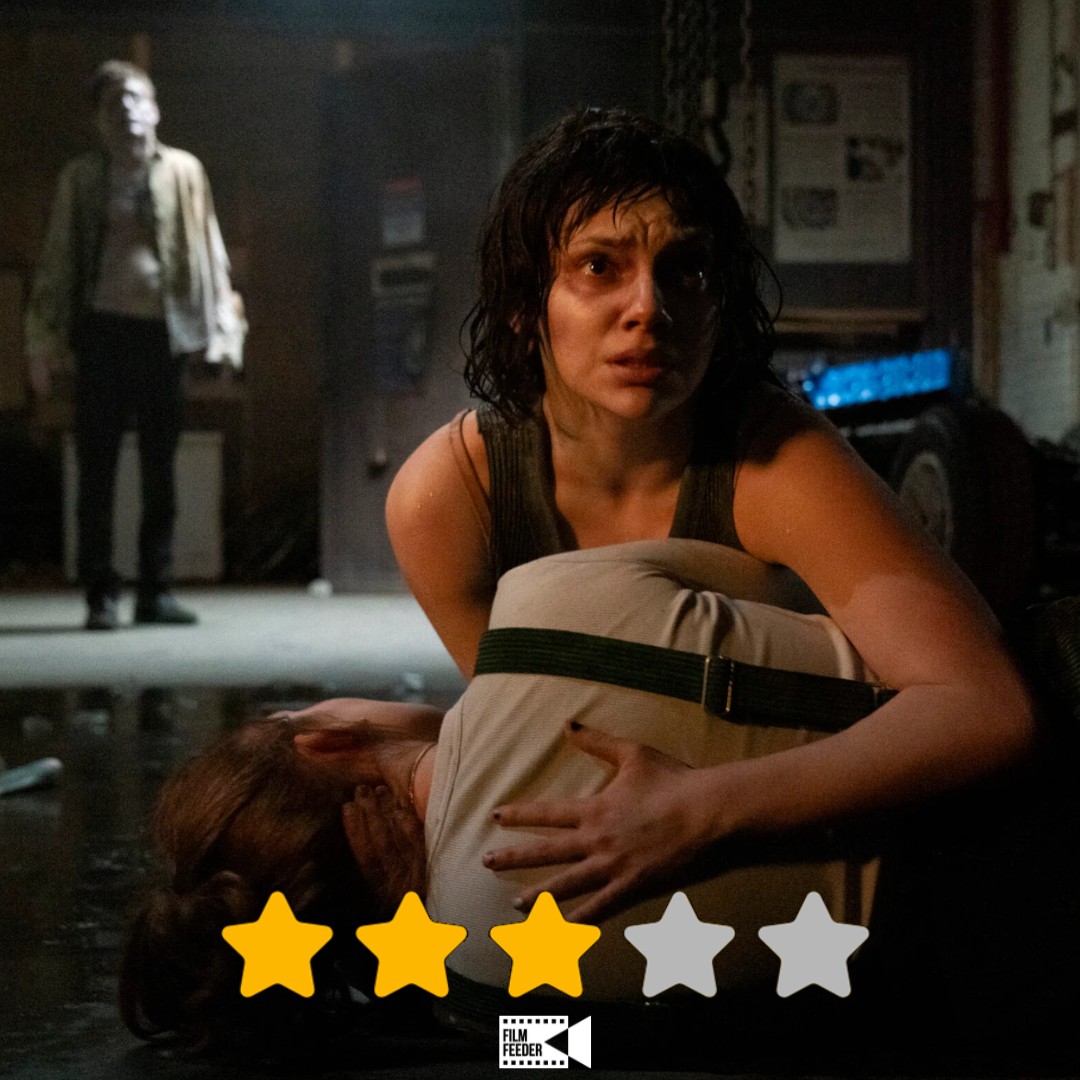
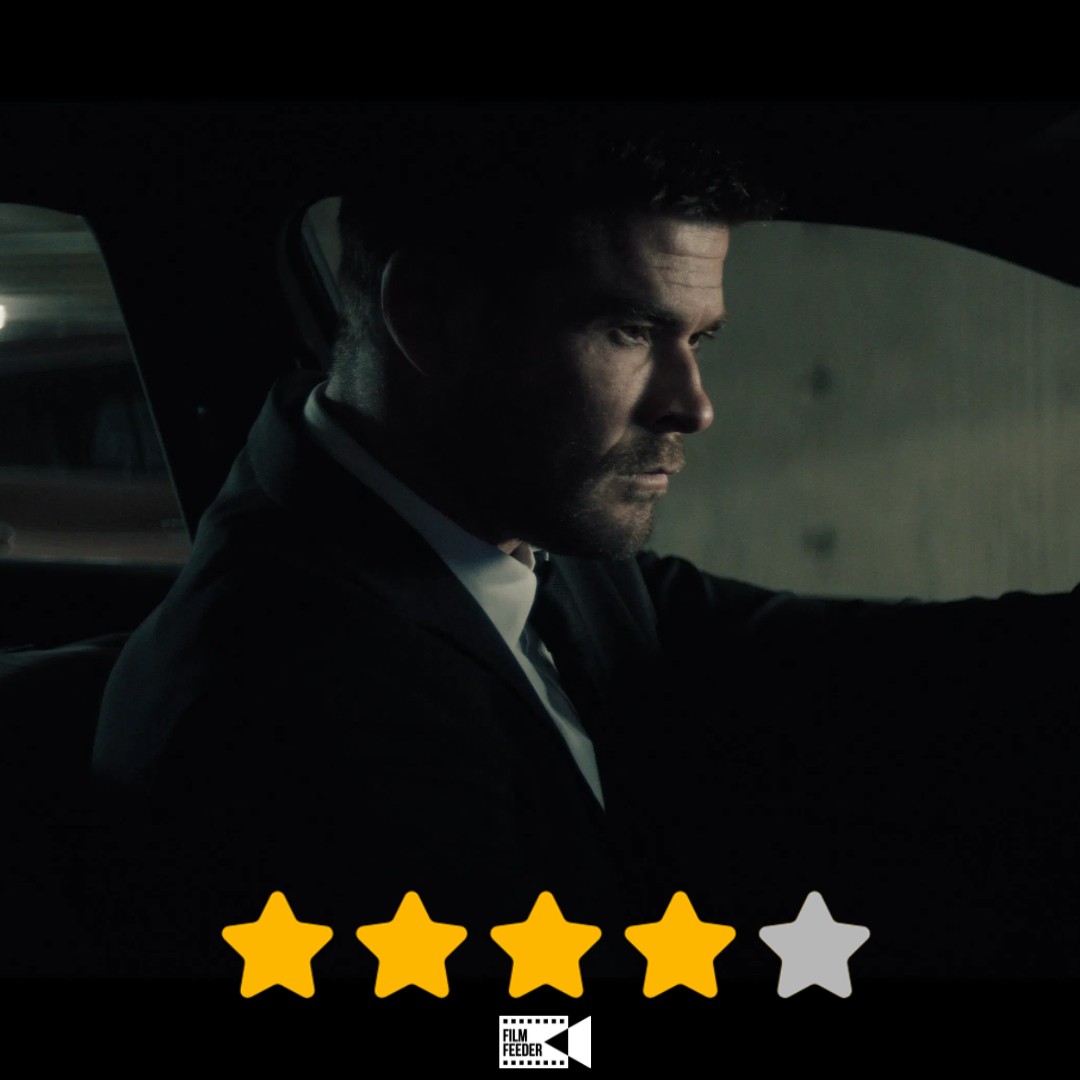
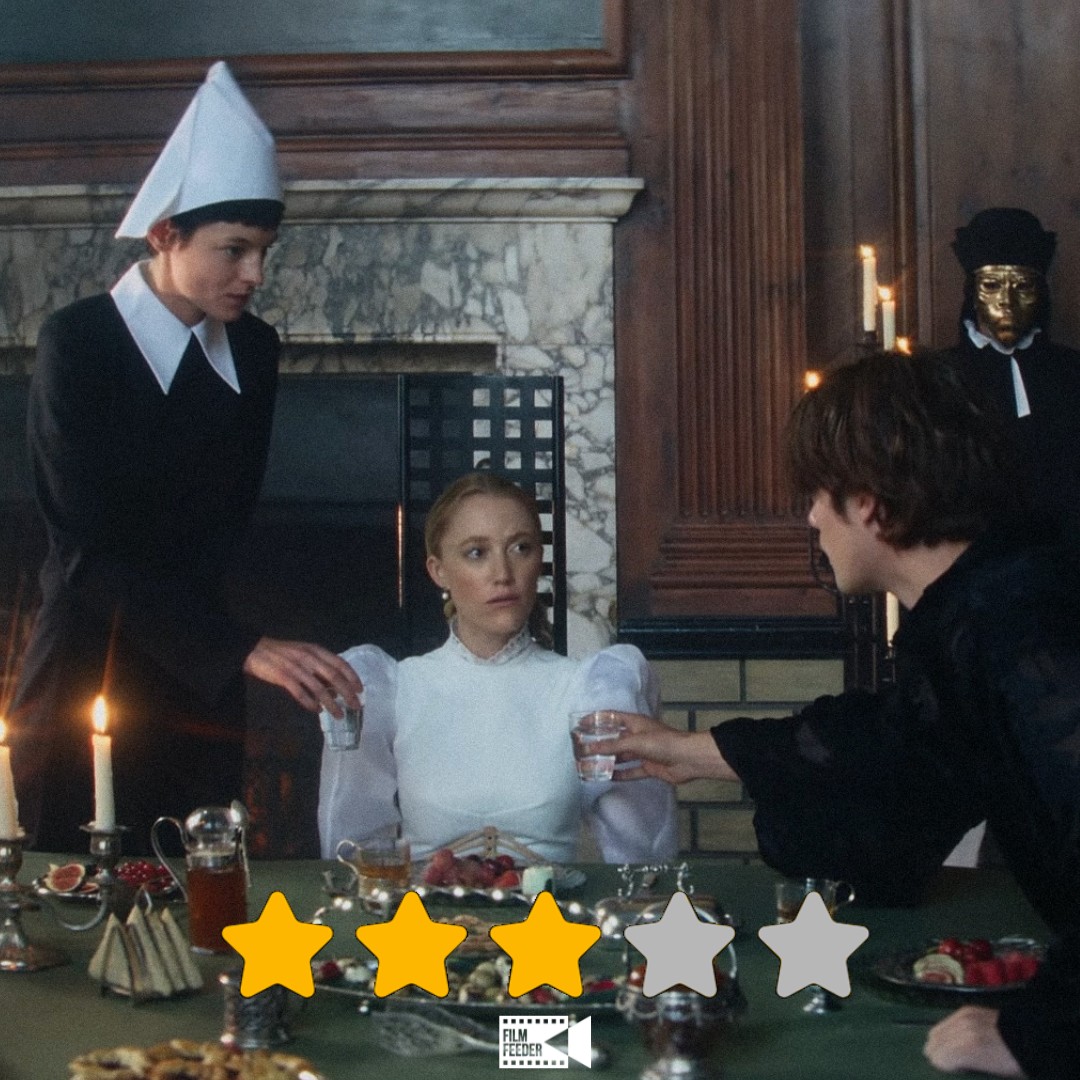

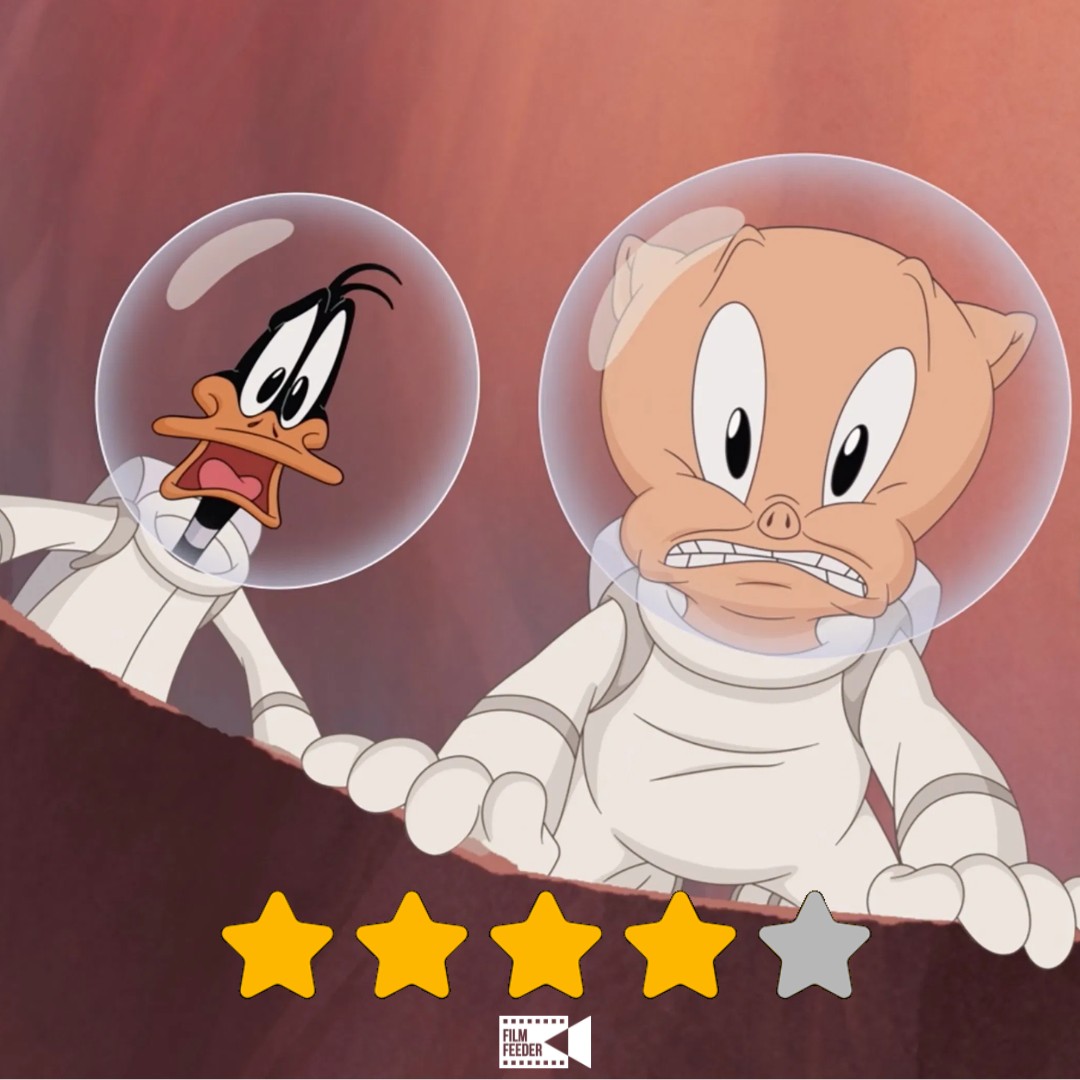
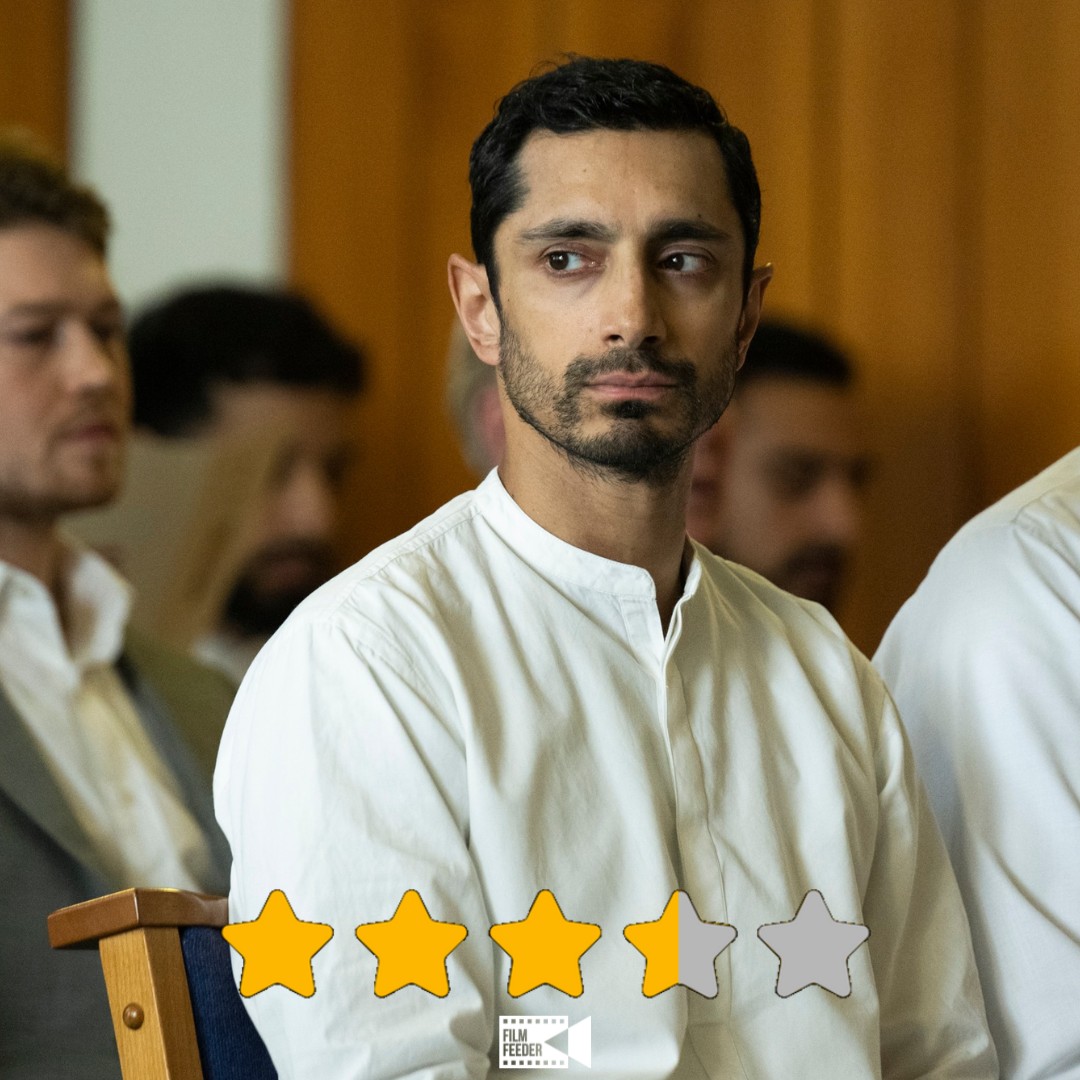
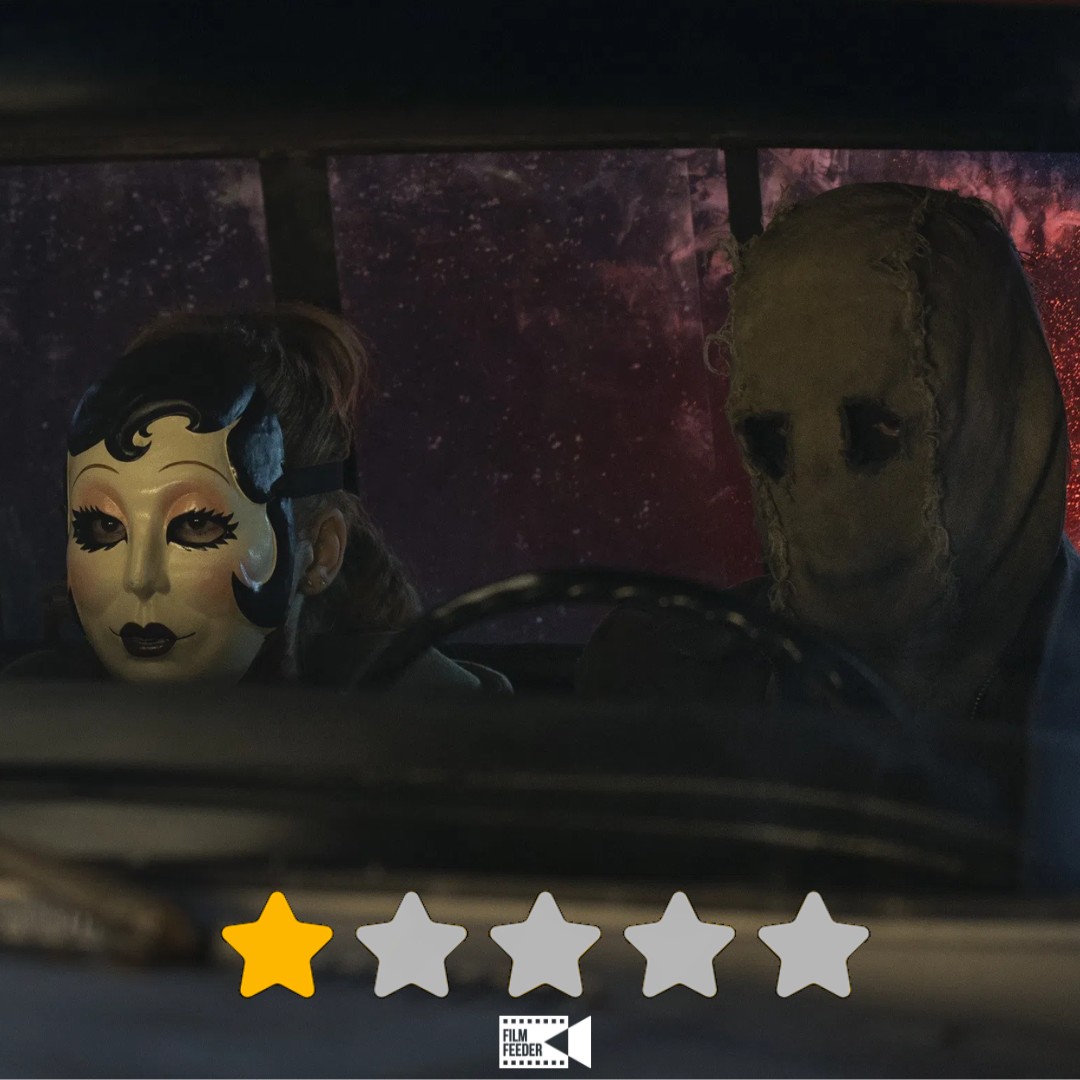


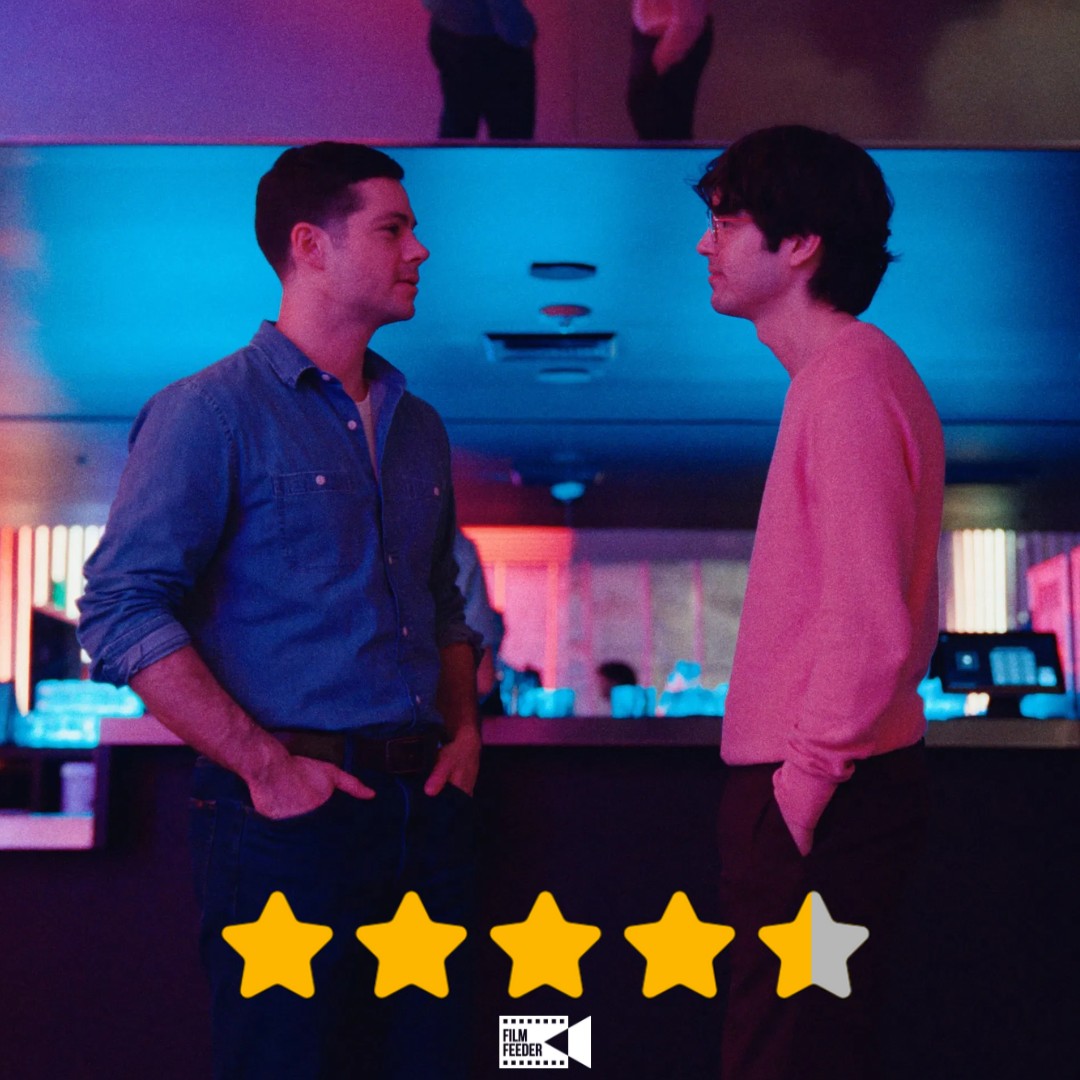
0 Comments